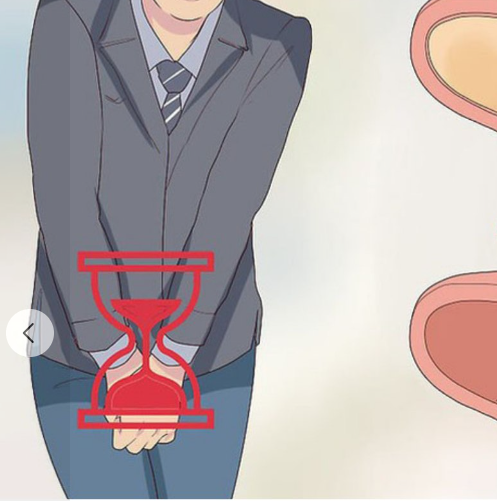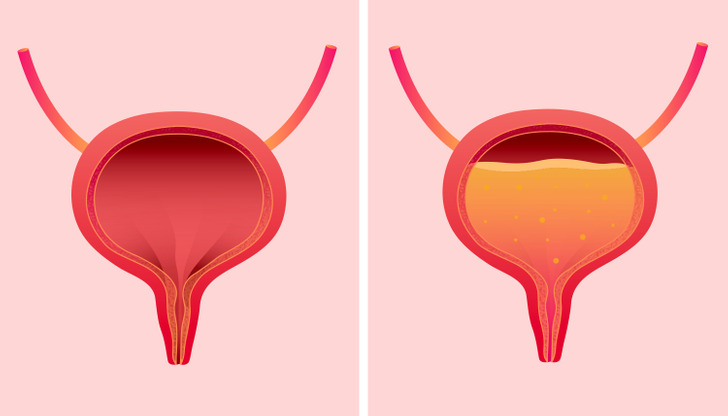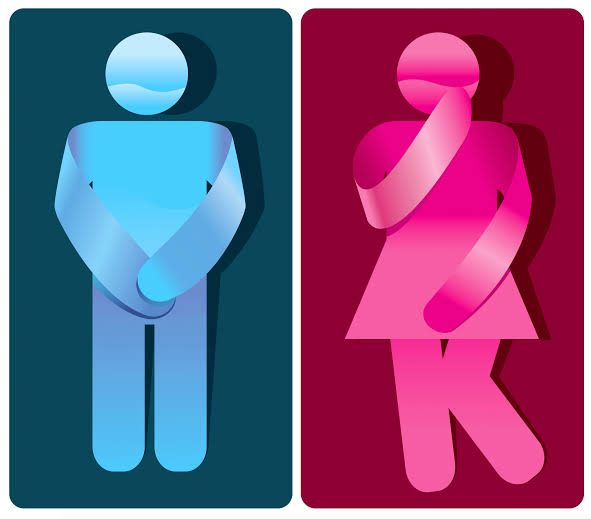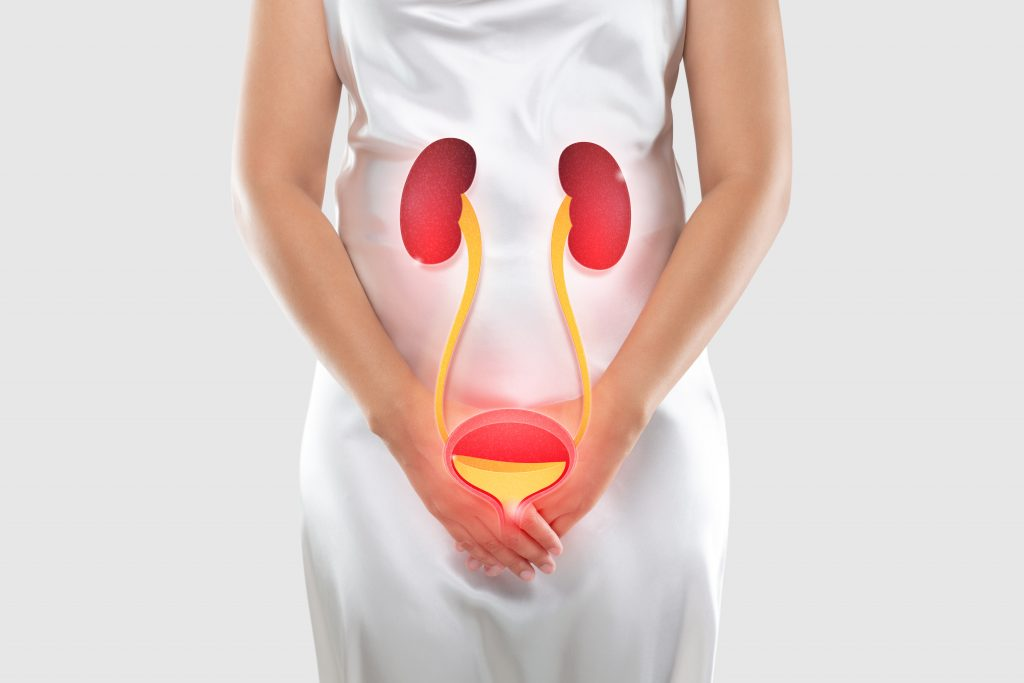We’ve all been there—stuck in traffic, in the middle of an important meeting, or watching a movie too good to pause. You feel the urge to go, but you decide to hold it in. It seems harmless, right? But what if I told you that regularly delaying bathroom trips could lead to serious health risks?
Ignoring the need to urinate might not seem like a big deal in the moment, but over time, it can cause infections, bladder problems, and even damage to your kidneys. Let’s dive into the hidden dangers of holding in urine and why you should never ignore nature’s call

What Happens When You Hold in Urine?
Your bladder is designed to store urine, which is a combination of waste and excess fluids filtered by your kidneys. When full, it sends signals to your brain, urging you to empty it. If you ignore these signals and resist the urge, several things happen inside your body:
- The bladder stretches beyond its normal capacity.
- The muscles controlling urination weaken over time.
- Bacteria in the urine multiply, increasing the risk of infection.
- Pressure builds up, affecting kidney function.
Holding it once in a while isn’t necessarily dangerous, but making it a habit can have serious consequences.
Video: Stop Holding Your Urine! Here’s What You Need to Know
The Health Risks of Holding in Urine
1. Urinary Tract Infections (UTIs)
One of the most common risks of holding in urine is developing a urinary tract infection (UTI). When urine stays in the bladder for too long, it becomes a breeding ground for bacteria. This can lead to painful symptoms, including:
- A burning sensation when urinating
- Frequent and urgent need to urinate
- Cloudy or foul-smelling urine
- Lower abdominal pain
Women, in particular, are more prone to UTIs due to their shorter urethra, making it easier for bacteria to travel to the bladder.
2. Bladder Overstretching and Weakening

Your bladder is a muscle, and like any muscle, it can weaken if overworked. Frequently holding in urine can stretch the bladder, reducing its ability to contract and empty completely. Over time, this can lead to urinary retention, where you struggle to fully empty your bladder, increasing the risk of infections and discomfort.
3. Kidney Damage and Stones
The longer urine sits in your bladder, the more concentrated it becomes. This can contribute to the formation of kidney stones, which are hard mineral deposits that can cause excruciating pain. Additionally, chronic urine retention increases the risk of kidney infections, which can lead to severe complications if left untreated.
4. Increased Risk of Incontinence
Constantly holding in urine weakens the pelvic floor muscles, increasing the likelihood of urinary incontinence (involuntary leakage of urine). This is especially concerning for older adults and women who have given birth, as they are already at a higher risk of bladder control issues.
5. Higher Blood Pressure and Stress on the Heart
Holding in urine causes temporary spikes in blood pressure due to the increased strain on the bladder and kidneys. While this may not be a direct cause of long-term hypertension, it does put unnecessary stress on your cardiovascular system, especially if you already have heart-related conditions.
How Often Should You Empty Your Bladder?

A healthy person should urinate every 3 to 4 hours, depending on hydration levels. The average bladder can comfortably hold about 16-24 ounces of urine before signaling the need to empty. Here are some general guidelines:
- Don’t wait more than 4-6 hours to urinate.
- Drink plenty of water to keep urine diluted and prevent kidney stones.
- If you notice signs of infection, such as burning or dark-colored urine, seek medical advice.
When Holding in Urine Becomes a Habit
If you find yourself frequently delaying bathroom trips, it’s essential to address the root cause. Some common reasons people hold in urine include:
- Busy work schedules – Try setting reminders to take bathroom breaks.
- Long commutes – Plan ahead and use the restroom before leaving.
- Fear of using public restrooms – Keep travel-sized sanitizers or toilet seat covers for peace of mind.
Tips for Maintaining a Healthy Bladder

- Listen to your body – Don’t wait until your bladder is painfully full to use the restroom.
- Stay hydrated – Drinking enough water helps flush out bacteria and prevents infections.
- Strengthen your pelvic floor – Kegel exercises can improve bladder control and prevent incontinence.
- Limit bladder irritants – Reduce caffeine, alcohol, and spicy foods, which can irritate the bladder.
Conclusion: Don’t Ignore Your Body’s Warning Signs
While holding in urine occasionally isn’t dangerous, making it a habit can lead to serious health issues like infections, kidney problems, and bladder dysfunction. Your body gives you signals for a reason—ignoring them could have long-term consequences.
So next time you feel the urge, don’t wait! Prioritize your bladder health and make sure you’re taking proper care of this essential system.


